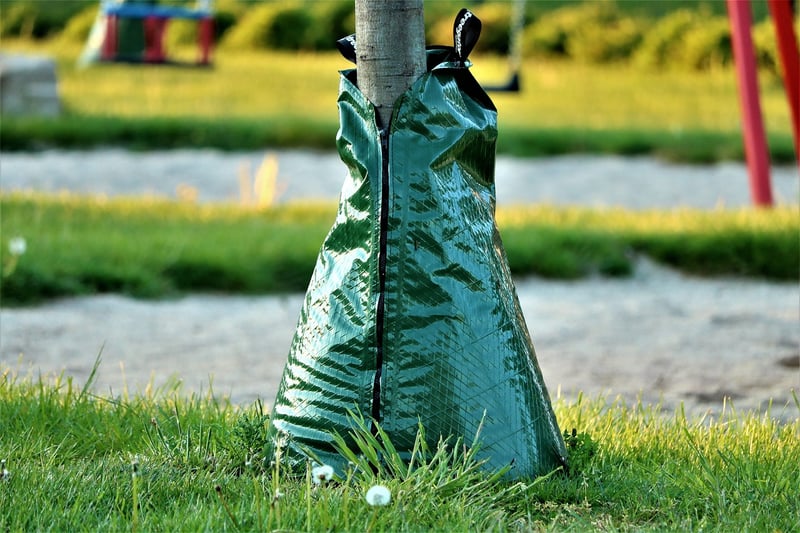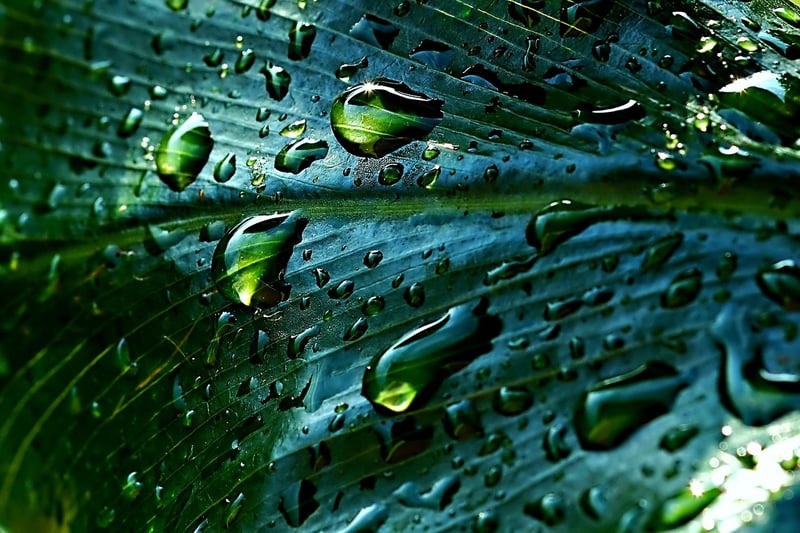Water Conservation
Environmentally Friendly Cultivation and Water Conservation
Welcome to our guide on environmentally friendly cultivation practices and water conservation in agriculture. In today's world, it is essential for farmers and gardeners to adopt sustainable methods that not only protect the environment but also help conserve water resources. Let's explore some tips and techniques for eco-friendly farming.
1. Organic Farming
Switching to organic farming practices helps reduce the use of synthetic chemicals and pesticides that can harm the environment and water sources. Organic farming promotes soil health and biodiversity, leading to better water retention and reduced water pollution.
2. Drip Irrigation
Utilizing drip irrigation systems can significantly reduce water wastage by delivering water directly to the roots of plants. This method is more efficient than traditional overhead irrigation systems and can save water by up to 50%.

3. Rainwater Harvesting
Collecting and storing rainwater for irrigation purposes can help reduce the reliance on freshwater sources. Rainwater harvesting systems can be simple or elaborate, depending on the scale of cultivation, and can contribute to significant water savings.

4. Cover Cropping
Planting cover crops during fallow periods can help prevent soil erosion, improve soil structure, and enhance water infiltration. Cover crops also reduce the need for irrigation and help retain soil moisture, promoting water conservation.
5. Composting
Utilizing compost as a natural fertilizer can improve soil health, water retention, and nutrient availability for plants. Composting organic waste reduces the need for synthetic fertilizers that can leach into water sources and cause pollution.
6. Integrated Pest Management (IPM)
Implementing IPM strategies helps control pests and diseases in a sustainable manner, reducing the reliance on chemical pesticides. By using biological controls, crop rotation, and beneficial insects, farmers can protect water quality and ecosystem balance.
Conclusion
By adopting environmentally friendly cultivation practices and prioritizing water conservation, farmers and gardeners can contribute to a healthier ecosystem and sustainable agriculture. Let's work together to protect our environment and preserve water resources for future generations.
References:
